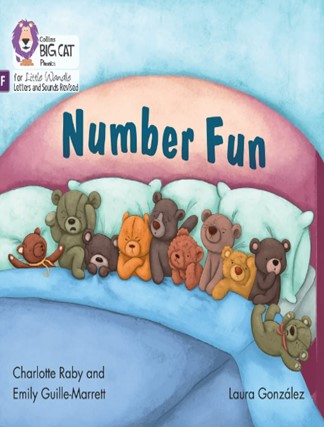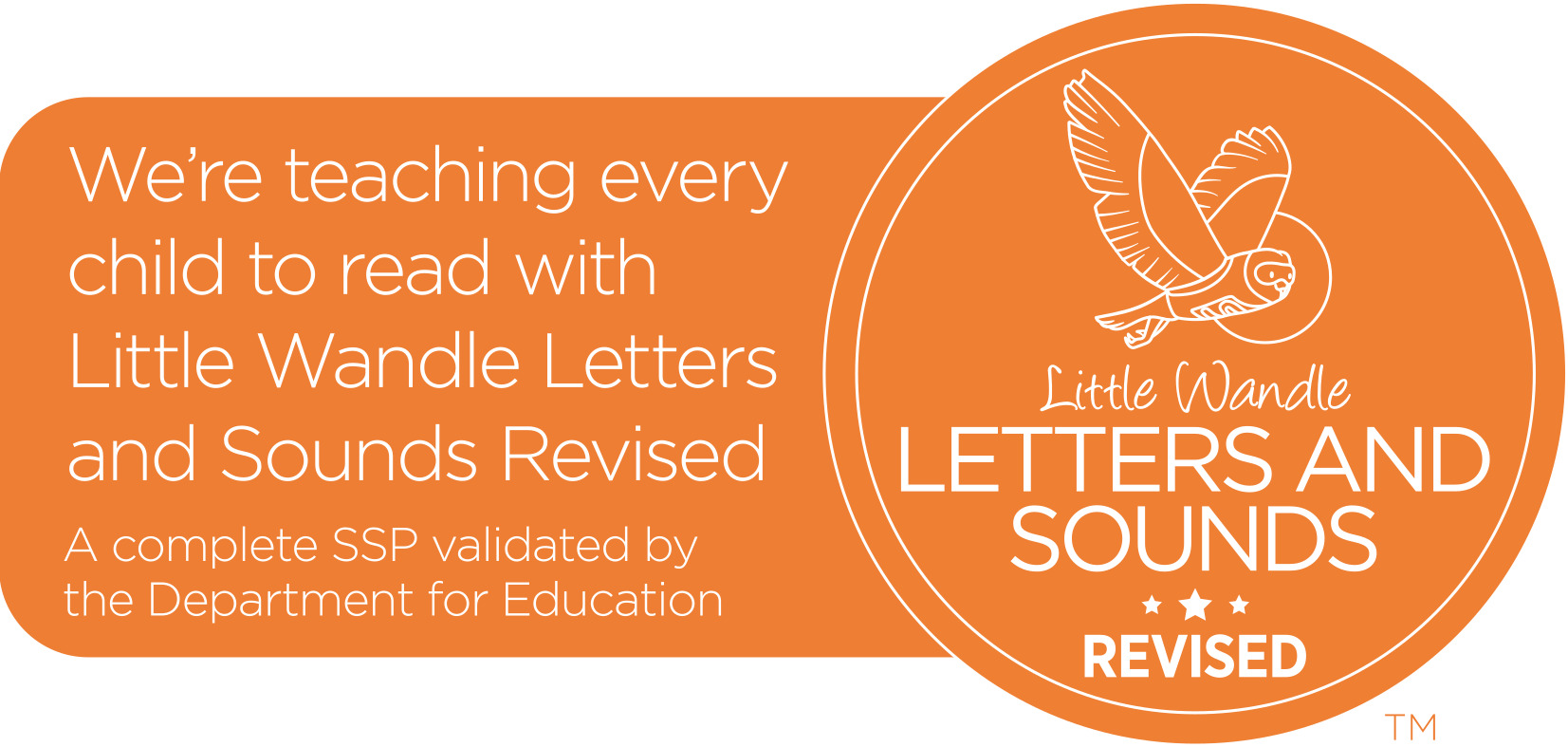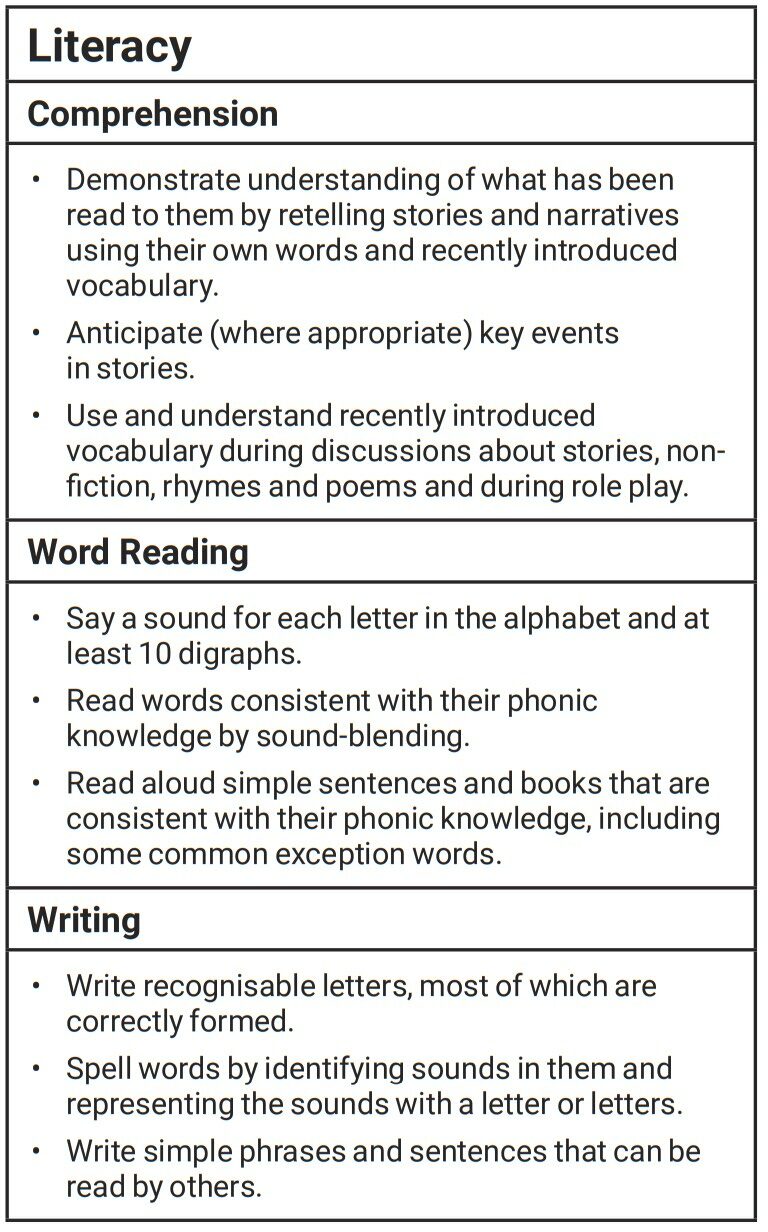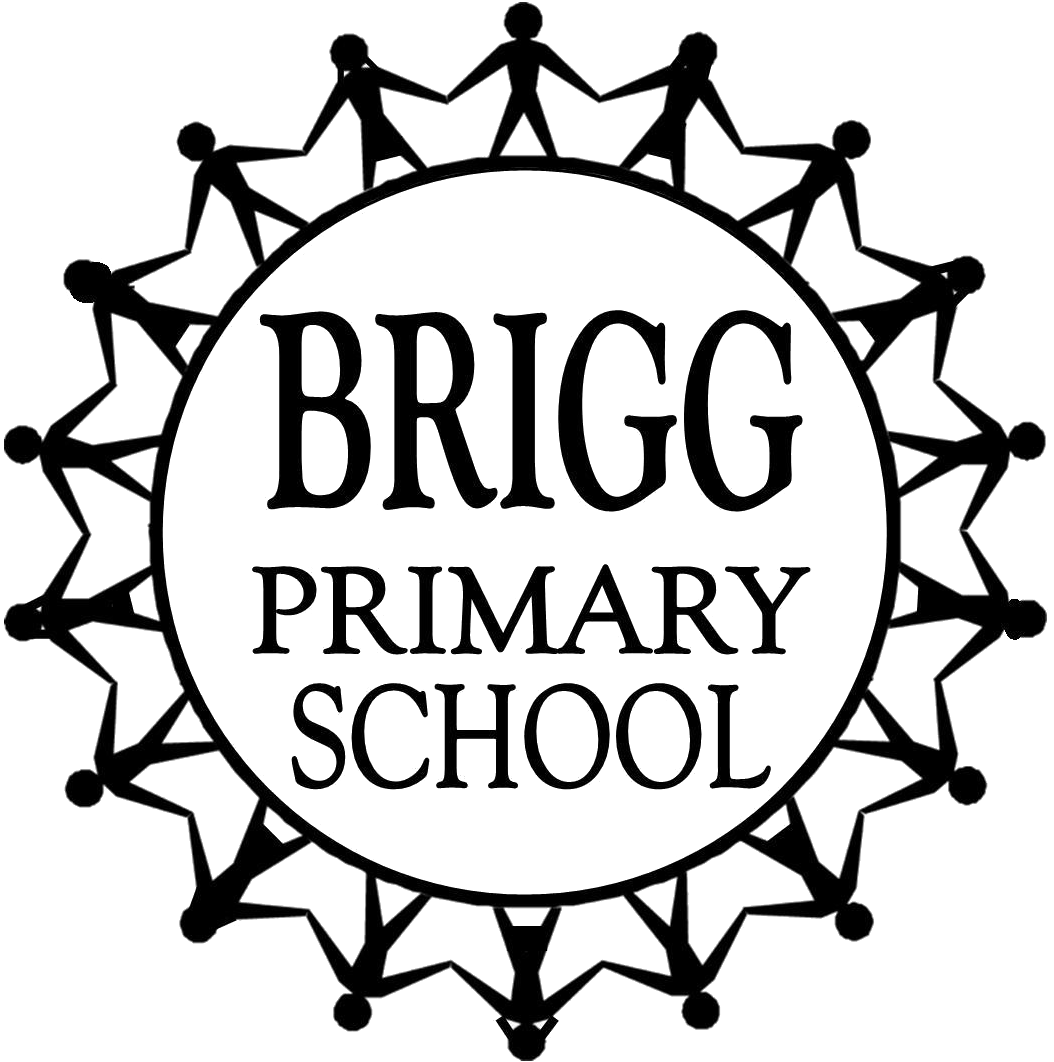EYFS Reading
At Brigg Primary School we love reading and we know how important it is for children to be fluent, confident and happy readers. Developing our reading skills doesn’t just help us to become great readers, but also writers, problem solvers …
We promote the love of reading at Brigg Primary from the moment your child starts with us; the sharing of good quality stories, access to our wonderful library, the teaching of phonics, group reading, one-to-one reading and the use of high quality text in lessons.
“The more that you read, the more you will know! The more you learn, the more places you will go!”
Dr Seuss
Wordless Books
At the start of your child’s reading journey they will be given wordless reading books to share with you at home. These books are a terrific way to build important literacy skills, including listening, vocabulary, comprehension and an increased awareness of how stories are ‘built’, as the storyteller often uses a beginning, middle, end format. For a book with no words, you’ll be surprised at all the talking you will do, and all the fun you will have!


Little Wandle
Brigg Primary uses the Little Wandle scheme for the teaching of early reading.
Phonics
Nursery children have daily phonics sessions which initially focus on developing an awareness of sound, through activities that develop focused listening and attention, including oral blending. The provision children receive in Nursery ensures they are well placed to make a strong start when they start more structured phonics sessions in Reception.
Reception children have daily phonics sessions which introduce new GPCs and decodable words daily as well as reviewing previously taught GPCs and words. We also have a focus on ‘tricky words’ which are words which cannot be easily decoded. Part of this lesson also focusses on spelling using the new GPCs and tricky words.
Reading at home
Sharing books and reading at home is vital to a child’s progress as well as promoting a love of reading which will stay with them throughout their childhood.
At Brigg Primary children are expected to read at least three times a week at home.
All children in the school have been provided with a reading planner. This should be brought into school each day with the child’s reading book. We ask parents to sign and date when you hear your child read at home. Comments about support required or particular successes can also be made.
Children need to read their reading books three times before they are able to change them. This is to support their decoding, prosody and comprehension skills as we do in our Group Reading sessions.
Reading in School
Linked to the phonic sessions we also run Little Wandle Group Reading sessions. Children in Reception work in small groups with either the class teacher, EYP or TA to read ability matched books. Over the course of 3 reading sessions, groups read a book three times focusing on ‘decoding, ‘prosody’ and ‘comprehension’.
Assessments
At the end of Reception, children are assessed against the Early Learning Goals (ELGs). This is a statutory assessment and the outcomes will be shared with you in the end of year report.
These are the ELGs which directly link to our reading curriculum:

Key Vocabulary
This is the vocabulary that we use in school and that the children are familiar with.
GPCs – Grapheme, Phoneme correspondence.
Grapheme – the letters which are used to write a sound.
Phoneme – the sound made by letters or combinations of letters.
Digraph – 2 letters together which make a sound, eg green.
Split digraph – 2 letters together which make a sound but are split with another letter between, eg cake.
Trigraph – 3 letters together which make a sound, eg night.
Decoding – the use of phonic knowledge to recognise known GPCs, segment and blend to read a word.
Prosody – Reading with fluency and pace, without the need to segment and blend more than 5% of the words.
Comprehension – understanding what they have read and being able to answer questions
